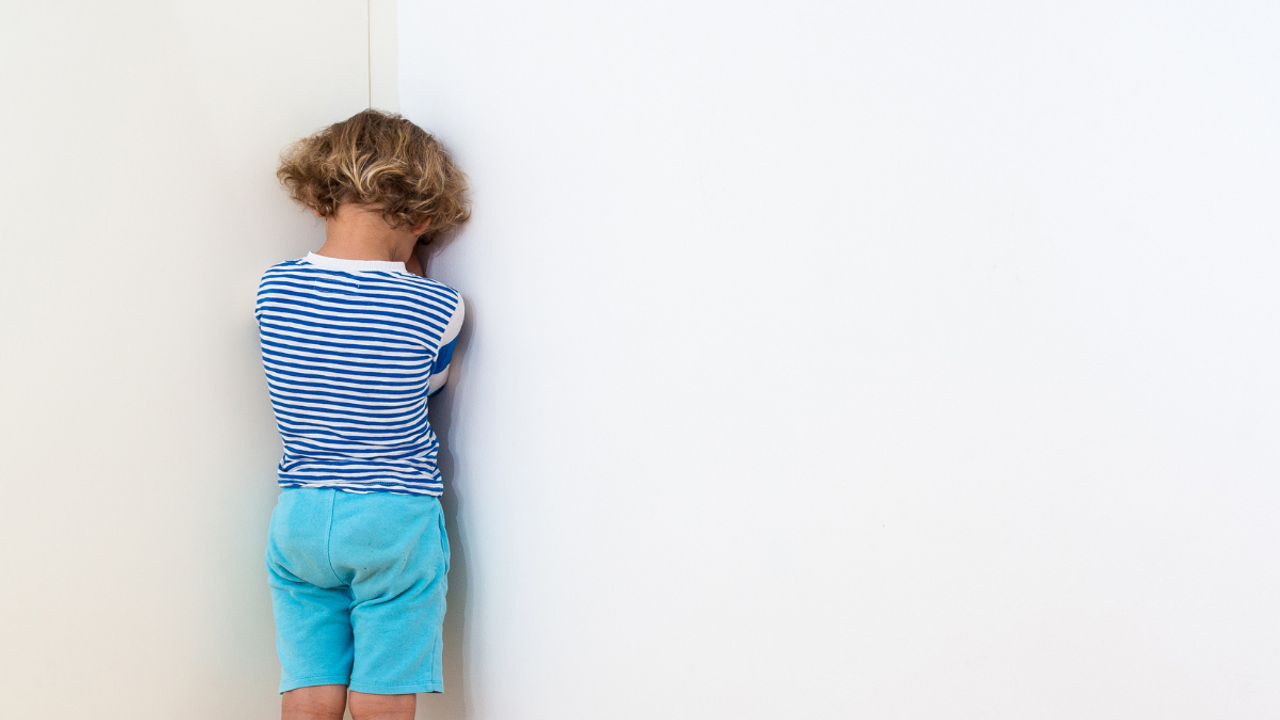Do You Discipline or Use Punishment with Your Children?

As you go about your day, how often do you lose your cool, get frustrated and yell at your kids? Give them “time-outs”? Send them to their room? Take away screen time? Say hurtful things?
Do you continue to have the same reactions, use the same punishments, and still don’t see any new results? Do you sometimes feel like you’re the parent you never thought you would be or wanted to be?
Using these old strategies and punitive punishments is the old way of parenting.
The Old Paradigm of Discipline and Punishment
Most of us had parents who only knew how to be disciplinarians using power, threats and control to get the results they desired from their kids. This type of punishment imposed shame, guilt and powerlessness, which created suffering and pain that lasts a lifetime.
Our parents thought they were teaching us:
- respect for authority and hierarchy rules
- order & organization
- self control
- the consequences for our actions
- to “pay” for our “crimes”
- to remember our mistakes and think twice next time
What they were actually teaching us was that:
- authority and hierarchy breeds respect - so crave this in life
- rules are to be feared and therefore blindly followed or bent through lies or deceit
- order and organization are superimposed and externally determined
- self is controlled by others
- failure, mistakes and natural flaws are to be avoided at all costs
- to suffer shame, guilt and regret for mistakes and errors
The New Parenting Paradigm Uses Discipline as Guidance
The new parenting paradigm uses discipline as guidance, for learning and growth. It sees our kids as our teachers, holding up a mirror to view inside of us. Observing ourselves through our interactions with our kids and using areas of stress, tension or challenge as opportunities for us to look at ourselves with a magnifying glass, to grow and emotionally mature.
Our children are on their own journeys. They are not ours. They are not us. We are merely in their lives to learn from them. They are not blank slates and empty containers to be filled by our instruction.They don’t need us to change them, control them or punish them.
This does not mean we allow complete freedom for our children.
It means we consider them as equals, giving them limits within the freedom of being who they are, not who we desire them to be. They are not a reflection of us–they are their own independent beings. We get to be in their lives, walking alongside them as guardians. We must be aware of the balance of not imposing on them. They are naturally curious and resourceful and only require our guidance, not our manipulation.
The best tool we have is the relationship we have with our kids. When we reprimand and punish our kids, we inevitably diminish honest communication, if not end it all together. Healthy communication develops mutual respect, admiration and trust creating a bond that allows kids to be who they are and gives them the space they need to make mistakes without fear of the relationship being at risk. When kids are given the opportunity to make decisions (while in the safe environment of the home when they are young), they can try out what consequences their choices bring within the loving container of a close parental relationship.
Become curious when your child is experiencing making a mistake or struggling with a consequence by asking questions such as:
- What do you think happened?
- What did that feel like for you?
- I want to understand–can you tell me more?
- What could you do about it?
- How can I help?
- What will you do next time?
Validate their experience so they feel understood, seen and heard by saying things like:
- I’m here for you
- That sounds hard
- I can understand why you feel that way, anyone would.
- Let me know when you’re ready.
- Let’s work this out together.
The New Parenting Paradigm cultivates healthy relationships between parents and their children, creating lasting close relationships that grow with us into adulthood.
“The child who has never learned to act alone, to direct his own actions, to govern his own will, grows into an adult who is easily led and must always lean upon others. ” ~ Maria Montessori



